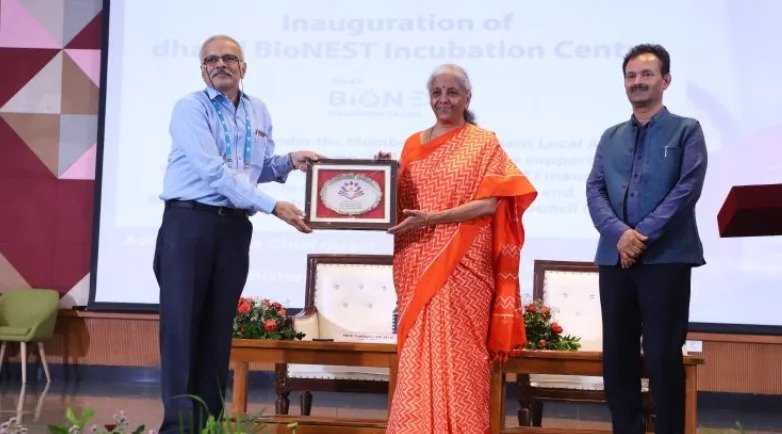Trethera Granted NIAID Funding to Advance TRE-515 in Lupus
Bolstering Lupus Research: Trethera Secures NIAID Grant for Advancing TRE-515 Treatment

Trethera Corporation, a clinical stage biopharmaceutical company committed to developing novel drugs targeting nucleotide metabolism for the treatment of cancer and autoimmune diseases, announced that it was awarded a $0.6M Small Business Technology Transfer (STTR) grant from the National Institute for Allergy and Infectious Diseases (NIAID). The grant will fund Investigational New Drug (IND) enabling activities using TRE-515 to treat systemic lupus erythematosus (SLE), a chronic autoimmune disease with significant morbidity and mortality. Trethera’s lead asset, TRE-515, is a first-in-class deoxycytidine kinase (dCK) inhibitor.
"The potential TRE-515 has to treat a broad spectrum of diseases creates a pipeline in a product that reduces overall development risk," said Dr. Ken Schultz, principal investigator and Trethera CEO. “We are grateful that the NIH also recognizes this, providing $4.2M in overall grant funding since September for optic neuritis, solid tumors, and now lupus. We look forward to using these grants to continue working with our UCLA research partners on this first-in-class drug.”
The NIAID grant follows favorable results announced earlier this year from Trethera’s Phase 1 clinical trial in high risk, heavily pretreated patients with solid tumors. In the all comers designed (i.e., unselected) dose escalation trial for TRE-515, the once daily capsule demonstrated a superb safety profile, wide therapeutic window, biomarkers of target engagement, and early evidence of clinical benefit.
Trethera Scientific Advisory board member, UCLA Associate Professor and co-investigator, Dr. Peter Clark commented, "With this funding, we intend to further showcase the broad therapeutic promise of disrupting the nucleoside salvage pathway to treat autoimmune diseases. This Phase I grant will serve as proof-of-concept that TRE-515 has potential as a new SLE therapy and possibly lead to advanced studies that expand into mechanistic work and additional SLE models."
A discussion summary from the panel of NIAID experts that reviewed Trethera’s proposal stated, “if successful, the proposal has high potential to impact the SLE field from a drug and biomarker perspective… dCK biomarkers could identify patients likely to respond and confirm drug-target engagement over time… commercialization potential is also high, as this treatment could have broad applicability to other autoimmune diseases.”
SLE is a disease driven by autoreactive immune cells. SLE can affect vital organs including the kidneys, brain, and lungs, where approximately 35–50% of patients develop organ damage within 5 years of diagnosis. Patients undergo periods of stable disease interspersed with flares that can cause irreversible organ damage. Current treatments can be effective but not curative, with response rates of less than 50% or below 6 months durability, while being associated with strong side effects.
Published on : 28th June, 2023
BIO-TECH
-
IHH Healthcare and Fortis launch ‘IHH Catalyst’ to strengthen India’s healthcare innovation ecosystem 11th February, 2026

-
Venture Center receives ATF 2025 Honour for supporting assistive technology innovations 24th November, 2025

-
Vaidam Health and Vanuatu's Ministry of Health ink MoU to strengthen cross-border healthcare access 20th November, 2025

-
Whale Tank Biocatalysts hosts Startup-Investor Meet WT 3.0 in Hyderabad 17th November, 2025

-
BTS 2025 to host India’s largest entrepreneurship platform “Future Makers Conclave” on Nov 20 06th November, 2025

-
Bessemer Venture Partners leads Rs 125 Cr Series A funding in fertility startup Pluro 04th November, 2025

-
dhaRti BioNEST Incubation Centre opens at Indian Institute of Technology (IIT) Dharwad 15th October, 2025





